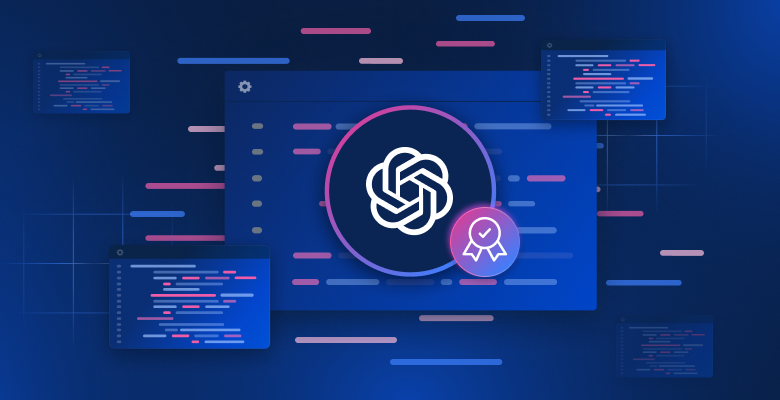In this article we will cover:
- Wimbledon and IBM are using web data to boost fan experiences
- Entertainment, sports and beyond: Use cases that are moving the needle
- How companies are creating hybrid online/offline journeys using data collection automation
Wimbledon and IBM are using web data to boost fan experiences
According to The Guardian, IBM, and those responsible for the famous Wimbledon Championships, the oldest tennis tournament in the world, are teaming up.
The issue at hand: Many people who attend the games actually know very little about the players themselves. This can lead to a confusing user experience, as well as low television ratings, and under-average cross-sales on related paraphernalia, and merchandise.
The solution: IBM is making its Artificial Intelligence available to Wimbledon attendees. The idea is to collect open source web data such as news story headlines, as well as social media posts, and then feed this information to algorithms. That information will be processed, and modeled in a way that will make it fun and engaging for sports fans to learn about players’ strengths/weaknesses, as well as predicting match outcomes based on past performance, and indicate fan sentiment regarding certain players. The tool will be known as ‘Win Factor’.
Wimbledon as an organization reportedly has 9.2 million courtside data points – when these are incorporated and cross-referenced with open source web data they will be able to drive increased interest and engagement – making it easier to get fans to attend more games, watch matches on television, and pique their interest in buying branded merchandise.
Entertainment, sports and beyond: Use cases that are moving the needle
But tennis is not the only sport or industry poised to benefit from leveraging open source web data, here are a few use cases to spark your imagination:
User Experience
By collecting web data on the types of social posts, and competitor advertisements that target audiences engage with. Mobile applications, and websites that cater to fantasy football, and the like are able to understand what makes players tick. Are they interested in feeling the ‘fame’ of their soccer idol, the adrenaline of playing a successful game, or the teamwork and sportsmanship that goes hand in hand with games? The latter insight from social sentiment has led many gaming companies to become ‘social gaming platforms’ that enable people from different geolocations to compete against one another.
Gambling
Sports betting, internet-based casinos, historical/odds analysis software, and bookmaker services are leveraging web data in order to drive customer acquisition and retention. Even though betting is more of a guessing game than that of logic, people like to feel that they are making an ‘educated guess’. It is for this reason that these companies collect data, creating tools, and dashboards that display information such as historic match charts, player statistics, and winning/losing odds. What this does is give gamblers the ‘confidence’ to, well, gamble more.
Events ticket sales
When selling tickets, whether it be an entire season of baseball, one game of basketball, a philharmonic concert, or a heavy metal music festival. Open source web data can help with marketing efforts, for example. By monitoring search engine queries such as ‘best music festivals Europe 2022’, companies can create blog content that answer those questions while using that high intent interest in order to drive ticket sales.
eCommerce merchandise
When it comes to selling paraphernalia such as jerseys, mugs, and hats, ball clubs would be wise to tap into sporting trends. Web data can help indicate which players are most popular in which GEOs, and among which target audiences, for example. This can help decide how much of an item to produce, where to warehouse it, as well as what messaging to use on advertising campaigns. Middle-aged housewives may be sharing pictures on social media of Mike Trout who plays center field for the Los Angeles Angels. But only web data monitoring would be able to pick up on such patterns.
How companies are creating hybrid online/offline journeys using data collection automation
Organizations like Wimbledon, and retailers that have an omnichannel approach to retail need to create seamless customer journeys that meld the online world with the offline reality. Wimbledon may want to drive real-life ticket sales coupled with increasing digital streaming ratings of their content. While Walmart may want customers to use their mobile app while shoppers are in their store so that they can access special offers and item details.
By utilizing tools like Web Scraper API, companies are able to have their Points of Sale (PoS), ticket offices, gaming apps, and betting dashboards hooked up to a live feed of consumer/competitor-generated data. Instead of manually collecting information that can help increase engagement and sales. Bright Data’s web scraping services allow companies to choose target data such as:
- Sentiment on social media regarding the New York Yankee’s recent all-star lineup
- Real Madrid-related search queries on Google in England over the last month
And have these trends delivered to decision-makers on a regular schedule, with the click of a button, using a zero-code approach. This in turn enables a better-informed strategy to be implemented from marketing campaign messaging/placement to production and distribution cycles.







